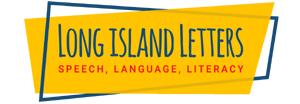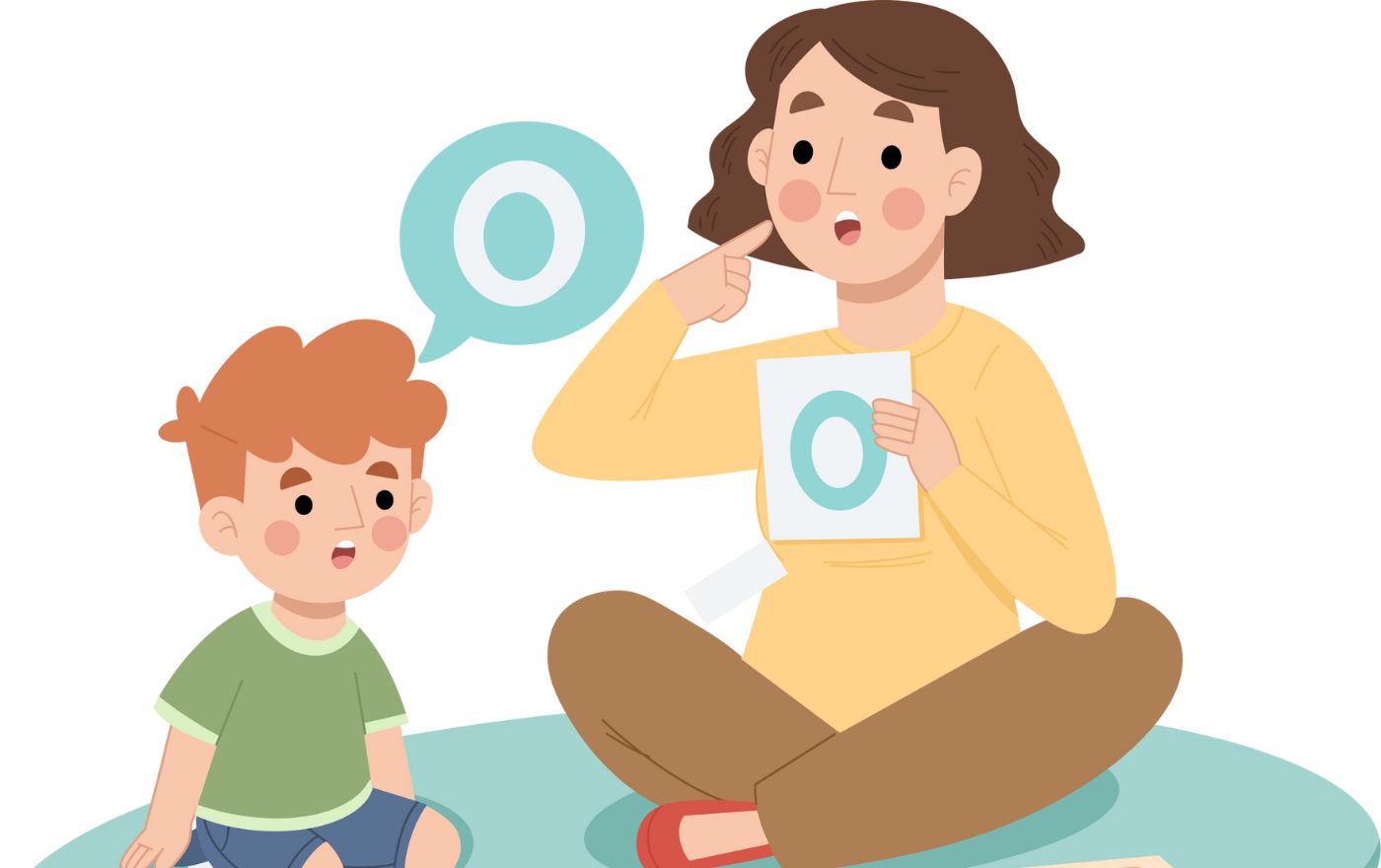SPEECH THERAPY IN THE FIVE BOROUGHS:
ADDRESSING PHONOLOGICAL DISORDER ACROSS NYC
Understanding Phonological Disorders
Phonological disorders are a fascinating yet often misunderstood aspect of speech and language difficulties. They can impact individuals of all ages, from young children just beginning to speak to adults struggling with effective communication. In this blog, we will delve into the intricate world of phonological disorders, exploring what they are, their causes, assessment, and therapy options.
Additionally, we are proud to mention that our dedicated speech therapists travel throughout Manhattan, Brooklyn, Queens, Staten Island, and the Bronx, providing essential support to those needing intervention.
What are Phonological Disorders?
A phonological disorder is a speech disorder that affects an individual’s ability to produce and organize speech sounds within their language correctly. It can lead to difficulty articulating words and sounds, resulting in speech sound errors or substitutions. These disorders often emerge in childhood and may persist if untreated.
Speech-language pathologists diagnose and treat phonological disorders, helping individuals improve their speech sound production and communication skills. Early intervention is crucial for effective management.
Types of Phonological Disorders
Phonological disorders encompass several types of speech sound errors and patterns. The main types include:
- Articulation Disorders: In articulation disorders, individuals have difficulty accurately producing specific speech sounds. They may substitute one sound for another, distort or omit sounds.
- Phonological Process Disorders: These disorders involve simplifying complex speech sound patterns or rules, leading to consistent errors in speech. For example, a child might use “wabbit” instead of “rabbit,” exhibiting difficulty with the “r” sound.
- Developmental Phonological Disorders: Children typically see these disorders as they learn and develop their speech sounds. Children with developmental phonological disorders may struggle with age-appropriate speech sound acquisition.
Each type of phonological disorder presents distinct characteristics and may require tailored assessment and intervention strategies.
How Do I Know If My Child Has a Phonological Disorder?
Identifying whether your child has a phonological disorder requires careful observation and assessment. Here are some signs that may indicate the presence of a phonological disorder in a child:
- Speech Sound Errors: Persistent, systematic, and age-inappropriate speech sound errors, such as substituting one sound for another, omitting sounds, or distorting speech sounds, are common indicators. For instance, a child might consistently say “wabbit” instead of “rabbit.”
- Difficulty Being Understood: If your child’s speech is frequently difficult for others to understand, it may be a sign of a phonological disorder. Strangers or even family members may struggle to comprehend their speech.
- Limited Speech Sound Repertoire: A child with a phonological disorder may have a limited range of speech sounds they can produce correctly. They may avoid using certain sounds altogether or replace them with easier-to-pronounce sounds.
- Speech Sound Patterns: The child may exhibit consistent patterns of errors. For example, they might consistently omit the final sounds of words or replace certain groups of sounds with simpler ones.
- Prolonged Errors: While it’s common for young children to make speech errors as they learn a language, these errors typically resolve by a certain age. It may be a concern if your child’s errors persist beyond the expected age.
- Frustration and Communication Challenges: Children with phonological disorders may become frustrated when others have difficulty understanding them. They might avoid speaking or exhibit signs of communication frustration.
- Family History: A family history of speech and language disorders can increase the likelihood of a child having a phonological disorder.
If you notice these signs or have concerns about your child’s speech development, it’s advisable to consult a speech-language pathologist (SLP) or a pediatrician. Our speech-language pathologists (SLPs) travel throughout Manhattan, Brooklyn, Queens, Staten Island, and the Bronx.
How Can a Speech Language Pathologist Help with Phonological Disorders?
Brooklyn Letters is your partner in speech therapy, serving Manhattan, Brooklyn, Queens, Staten Island, and the Bronx. We excel in addressing phonological disorders and speech sound challenges with individualized assessments and tailored treatment plans. Early intervention involving families is central to our approach.
Our modern therapy methods, including technology and progress monitoring, ensure effective results. We provide emotional support and collaborate with educational institutions to ensure academic success.
At Brooklyn Letters, our goal is to improve speech clarity and communication skills, empowering individuals in NYC to express themselves confidently in various settings, all within our vibrant and diverse community.
Don’t wait; take the first step towards better speech and a brighter future with Brooklyn Letters. Contact us now.


